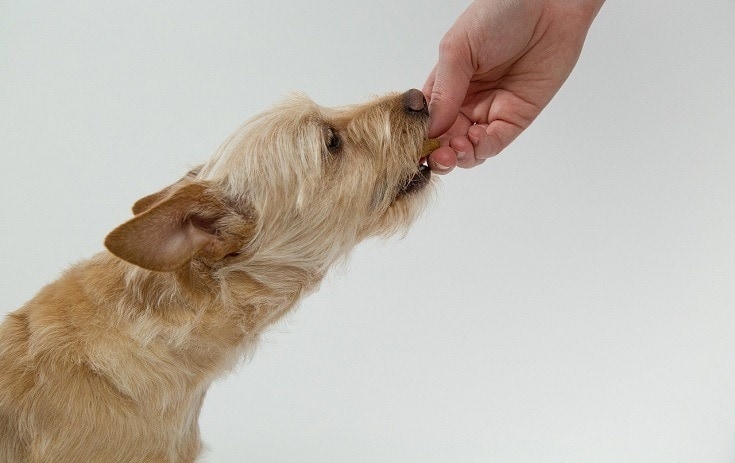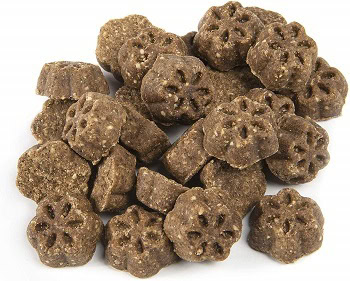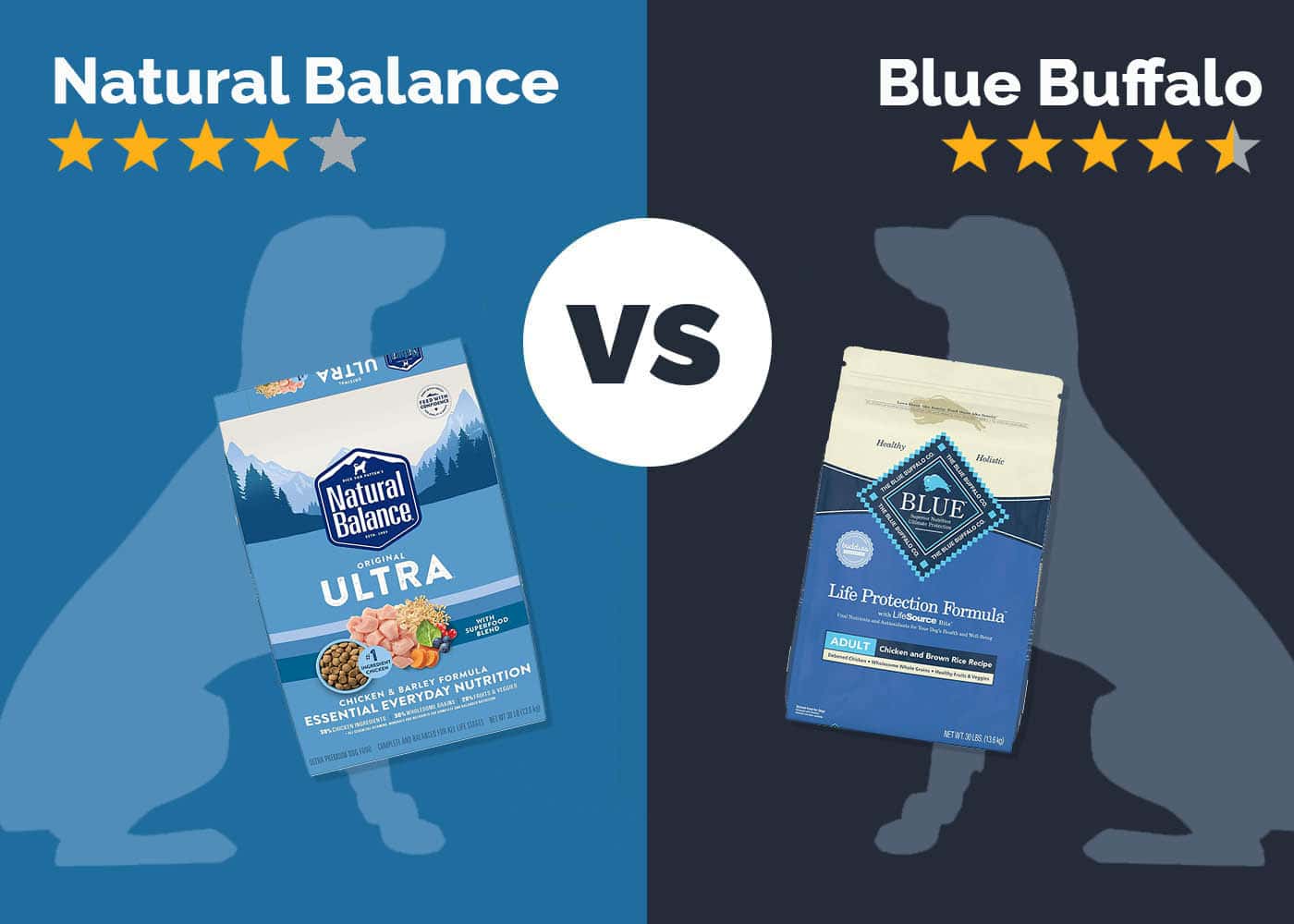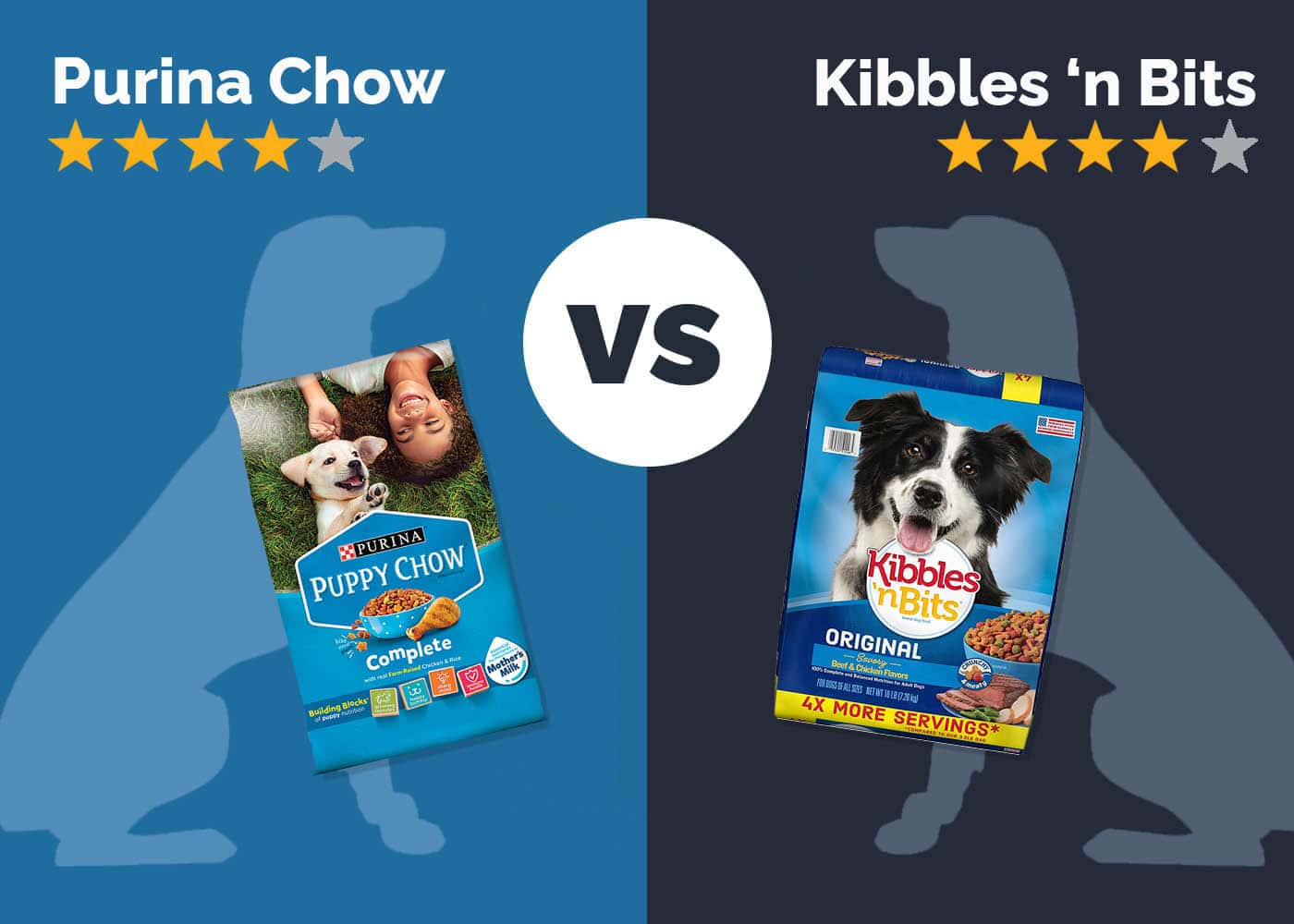Can Dogs Eat Cooked Mushrooms? Are Cooked Mushrooms Safe for Dogs?

Updated on
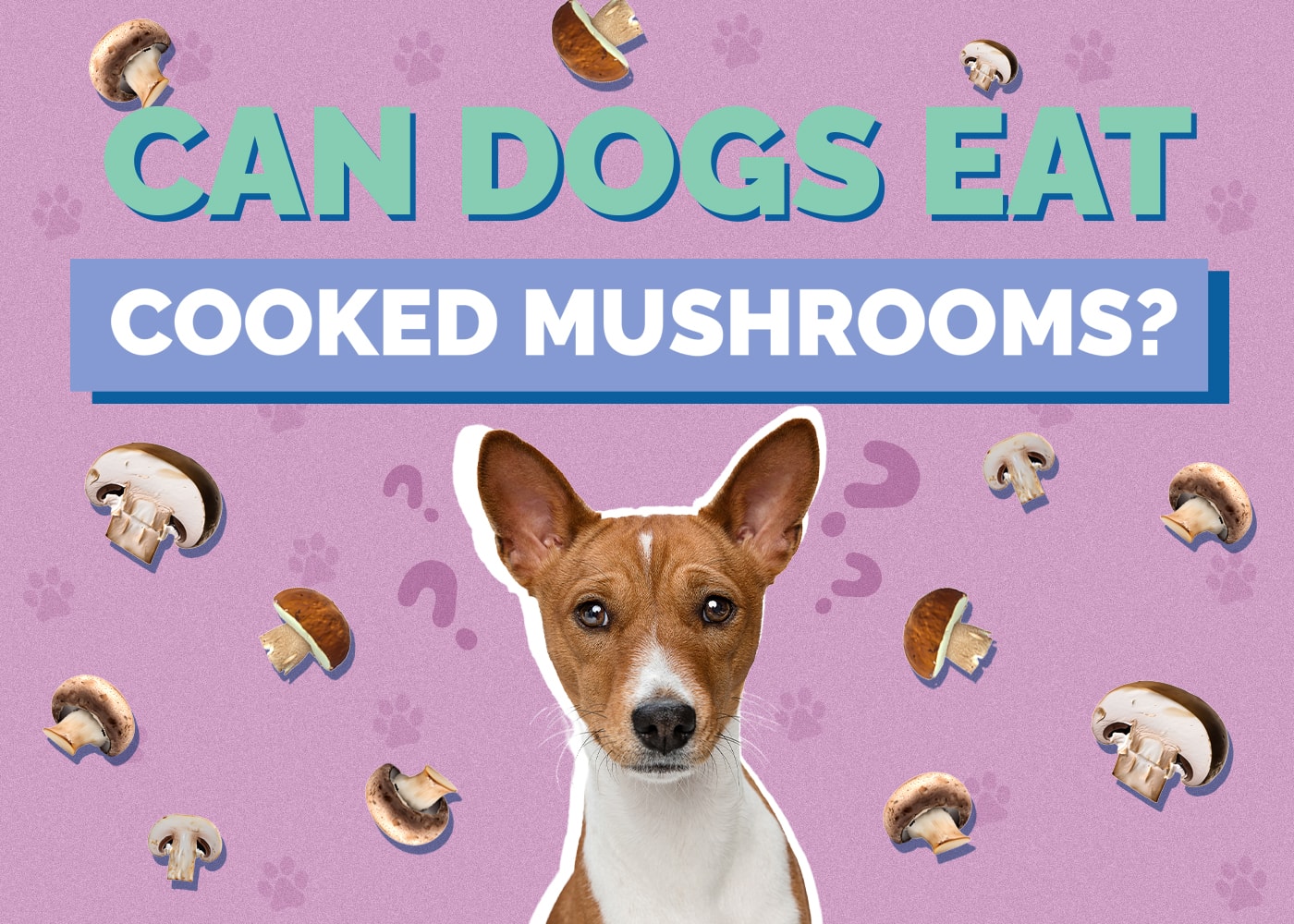
Cooked mushrooms do have some potential health benefits for dogs, just like they do for humans. However, the nutrients they contain can be found more readily from other sources. They are likely cooked with other ingredients, too, and these could be bad for your dog. Processed foods should always be avoided and remember that any change to your dog’s diet can lead to gastrointestinal complaints like diarrhea and vomiting.
If you’d like to experiment with feeding mushrooms to your dog, take things slowly. Feed a small amount of non-toxic, cooked mushrooms, and ensure they are not cooked in dairy or as part of a processed meal. Fed in this way, non-toxic, cooked mushrooms are safe for your dog and could help stave off some cancers, reduce cholesterol, improve the digestive system, and enhance digestion.
Implementing Dietary Changes
Changing a dog’s diet always carries a degree of risk. Dogs have very sensitive stomachs and changing the food that they eat can lead to complaints like vomiting and diarrhea. When changing a primary food source, it is important that you gradually make the change over one or two weeks. Adding new ingredients, like mushrooms, to a diet, can have similar consequences; you should always do so slowly and cautiously.
How Was the Mushroom Cooked?
Like people, most dogs prefer their mushrooms cooked. Because of the dog’s sensitive stomach, this means using light olive oil to sautée the mushrooms. Other oils break down at high temperatures and this affects how easily it is digested. Vegetable oils can lead to diarrhea and vomiting, which you want to avoid. Vegetable oil, butter, and fat are considered bad oils for preparing food for dogs.
Never Feed Your Dog Processed Food
You should never feed processed foods to your dog. Processed food has been cooked, usually with additional ingredients. It is common to find ingredients mixed in with mushrooms, including:
- Bacon – This highly salted meat is rich and fatty. In large quantities, it can cause pancreatitis and may prove fatal for your dog. Even a small amount can lead to dehydration and cause sickness and diarrhea.
- Onion and garlic – Whether garlic and onion are fresh, raw, cooked, dried, or powdered, they can lead to toxicity in your dog. Mild symptoms include dehydration, sickness, and diarrhea. Severe cases can prove fatal.
- Artificial additives – A lot of processed food includes artificial additives. Some owners have pointed to artificial coloring as a cause of behavioral issues in dogs. It’s also entirely unnecessary: your canine companion will happily eat grey or beige food, so long as it smells and tastes good.
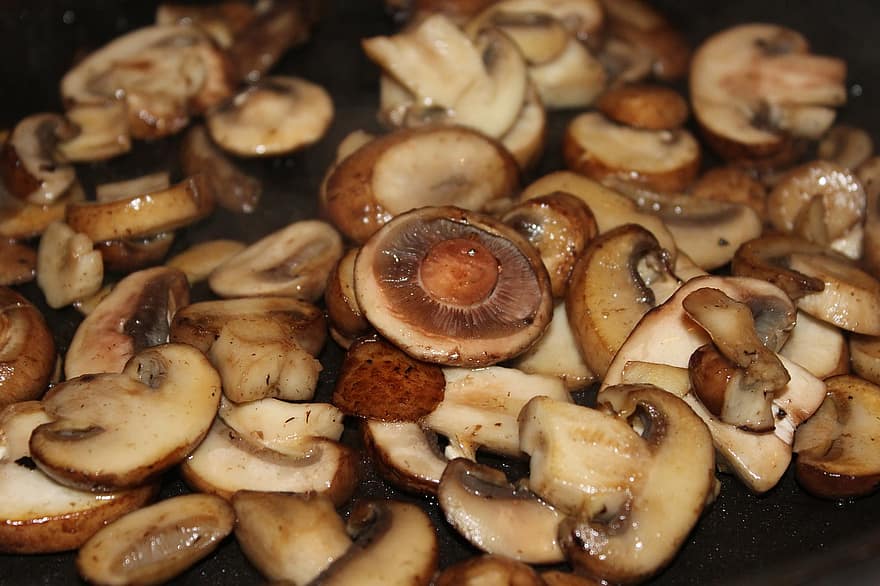
The Health Benefits of Mushrooms
Humans have consumed mushrooms for centuries. They were popular in ancient Greece as a tonic to improve general health and are high in B vitamins while being low in calories and cholesterol-free. They are a good source of copper, potassium, magnesium, and zinc, although the exact content changes according to the type of mushroom.
B vitamins are especially important for your dog. Thiamine regulates energy and metabolism. Vitamin B6 regulates glucose generation and improves the nervous system function. It also encourages an immune system response.
Vitamin D, which we commonly refer to as the sunshine vitamin, is another important compound found in mushrooms. It ensures that minerals like calcium are properly balanced, so it assists in the proper growth of your dog.
Mushrooms also have a high concentration of potassium, which not only ensures muscles function properly but also regulates the acidity levels of body fluids.
How Much Cooked Mushroom Should Your Dog Eat?
There are plenty of healthy reasons to feed your dog cooked mushrooms, but there are some precautions you need to take. The first is to ensure that you prepare them yourself. This enables you to avoid the inclusion of unwanted ingredients and allows you to cook them in a way that is sympathetic to your dog’s digestive system and sensitive stomach.
Sautée the mushrooms in a small amount of olive oil. While other oils break down at high temperatures, making them difficult to digest, olive oil can cook at higher temperatures without the same negative impact.
Start with a small amount. For example, you could slice and cook one or two mushrooms for your dog. If there are no adverse effects on their stomach, you can increase the amount after a few days.
Do not season the mushrooms, and do not cook them in a sauce. Sauces tend to be salty and contain other ingredients. This may make the primary ingredient more palatable and serves to make food more interesting for human consumption, but could contain unwanted ingredients that will make your dog ill.
Watch Out for Wild Mushrooms
Generally, any mushroom that is considered safe for human consumption is also considered safe for dogs. Many types of mushrooms are toxic for your dog, especially wild mushrooms. If your dog does eat a wild mushroom, you should consider it toxic until you can prove otherwise. Get a picture of the mushroom, if possible, and immediately seek veterinarian help. Some wild mushrooms are wildly toxic, and eating them could prove fatal for your furry friend.

So Can Dogs Eat Cooked Mushrooms?
Mushrooms are an acquired taste and are a food that picky human eaters tend to stay away from. The same may be true of your dog, but if he can stomach the taste, then the high levels of vitamin B, vitamin D, and potassium, make them a beneficial addition to a meal.
Cook them simply, feed them sparingly at first, and keep an eye on your canine companion to ensure that they can stomach the ingredient before increasing their intake. Finally, always prevent your dog from eating wild mushrooms because these can be highly toxic to any animal.
Related Reads:
- Can Dogs Eat Garlic? Is Garlic Safe for Dogs? Vet Approved Facts
- Can Dogs Eat Onions? Are Onions Safe for Dogs? Vet Approved Facts & FAQ
Featured Image: Pixabay

